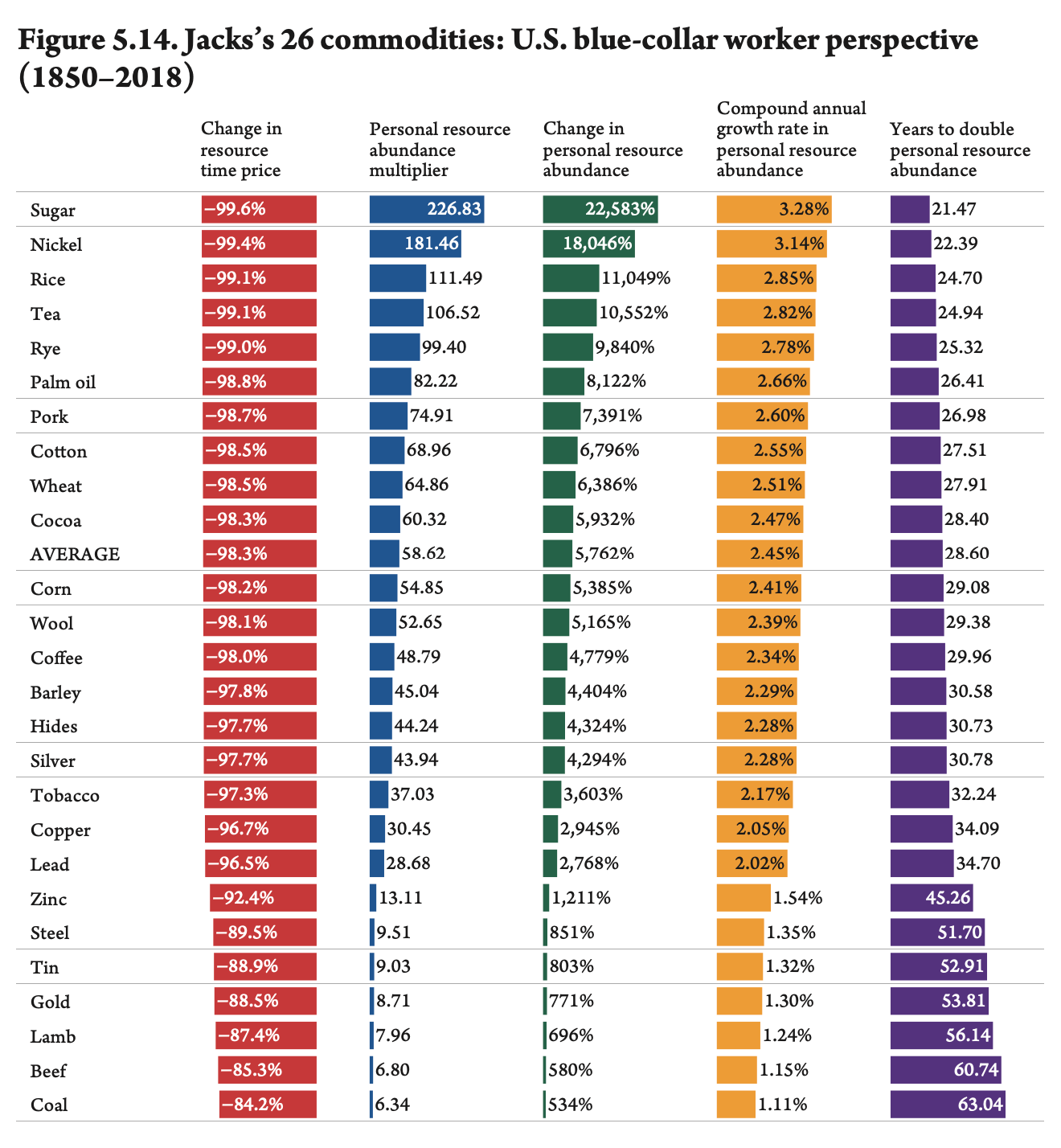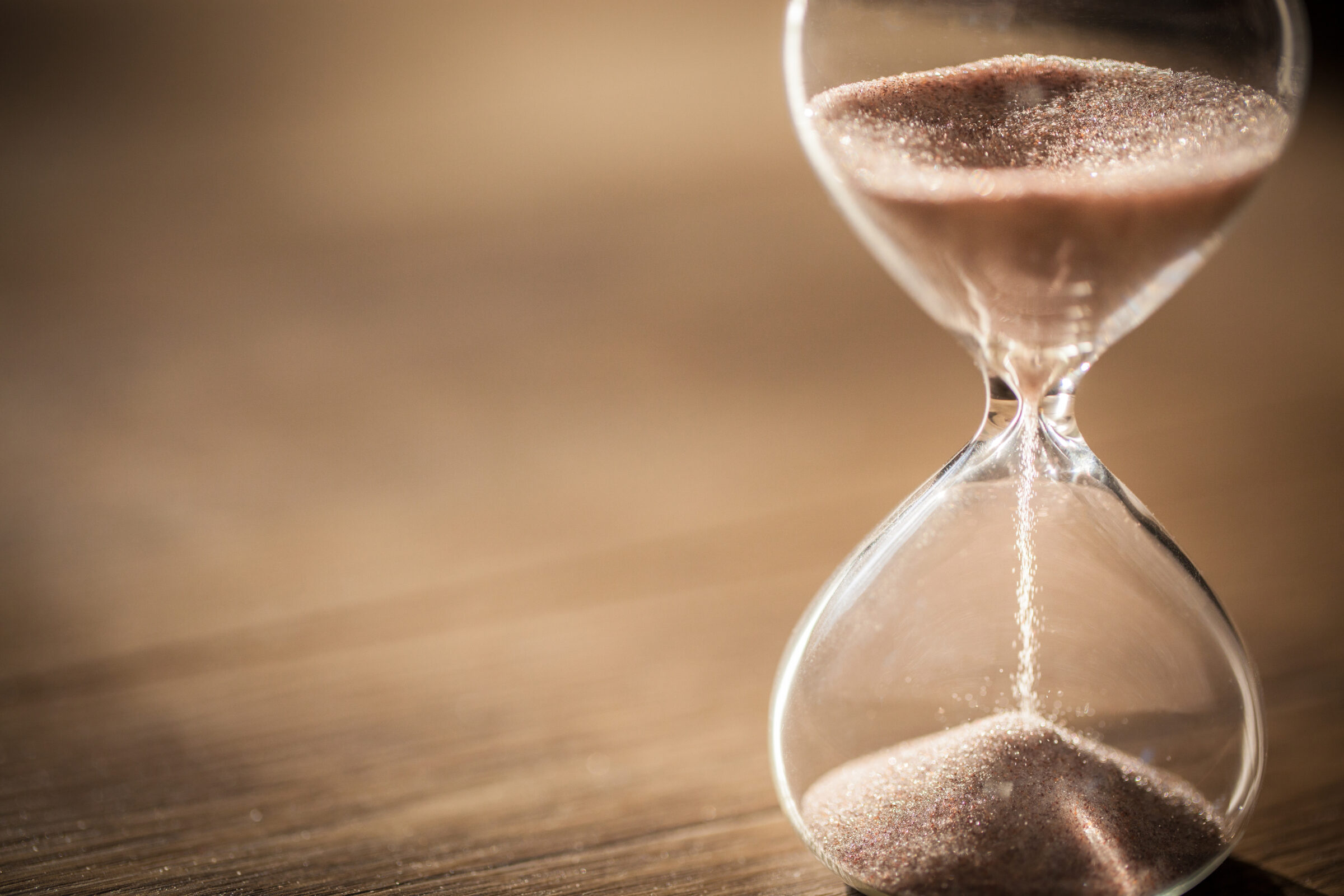Wealth & Poverty Review The Greatest Inequality in America
The rich are 58 times richer than the poor. Originally published at SubstackCountry Z has two classes of people: the rich class and the poor class. The rich class is 58 times richer than the poor class. The rich prevent the poor from accessing safe medicines, cars, air travel, air conditioning, and the internet. The poor have a life expectancy of 38 years while the rich live to be 79. The members of the rich class work less than 1,800 hours a year while the poor class work over 3,000 hours a year to support the rich. Would you want to live in such a country? If you live in the USA, you do.
Except, the poor class were all of the Americans who lived here in 1850 and the rich class are all of the Americans who live here today. In our research on 26 basic commodities like sugar, wheat, zinc, and coal, we found that the time price for blue-collar workers has fallen by an average of 98.3 percent since 1850. This means for the time required to buy one unit in 1850, you get 58.6 units today. We are 5,762 percent richer today in basic commodity abundance. This does not include all of the other life enhancing innovations that have been created since 1850. Talk about inequality.

The wealth and income and standard of living we enjoy today is largely a function of the sacrifices of all those who have gone before us. If they had not been willing to work very hard and forego consumption and save and invest and invent and innovate, we would be 98 percent poorer today. While we may complain about how much better off our neighbor is and covet their property and envy their success, the true victims of “inequality” are our grandparents.
Jordan Peterson’s Rule Number Four states: “Compare yourself to who you were yesterday, not to who someone else is today.”
Your perspective will determine what you see. If you compare yourself to someone today, you will always be a loser because it is easy to find people that are better off than you. If you compare yourself to people who lived in the past, you will always be a winner.

